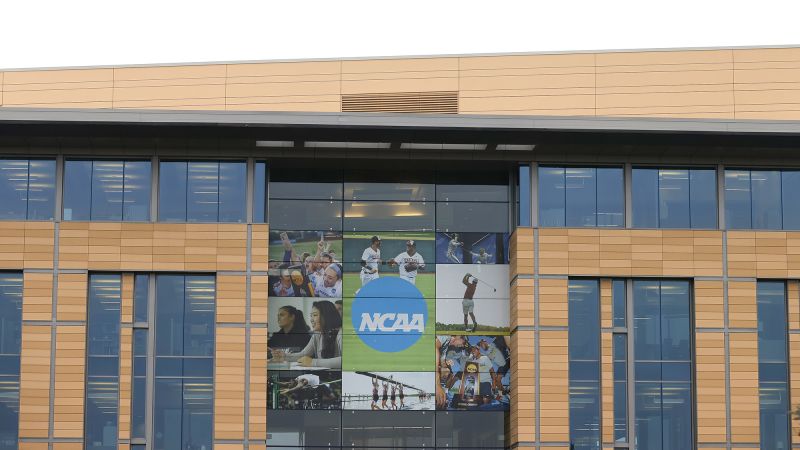U.S. District Judge Claudia Wilken in Oakland, California, expressed concerns about the proposed $2.78 billion settlement of the House v. NCAA antitrust case, putting the deal on hold. She specifically mentioned reservations about how the settlement could affect name, image, and likeness (NIL) payments to student-athletes. Wilken requested a revision to be submitted within three weeks to address these concerns, particularly regarding third-party NIL restrictions that might limit opportunities for athletes in the future.
The judge questioned NCAA attorney Rakesh Kilaru about whether the deal would lead to athletes being paid to play, but Kilaru clarified that pay-for-play remains against the rules. Wilken also voiced worries about potential restrictions on future college athletes due to the 10-year revenue agreement included in the settlement. Currently, boosters can provide NIL payments to athletes that essentially function as salaries, which Wilken highlighted as a concern given that schools may not be able to provide such benefits.
Wilken emphasized that while schools may not have to pay these benefits, third parties like boosters do have the resources and willingness to pay them. She expressed uncertainty about how to address the issues raised and ultimately challenged the parties involved in the settlement to come up with a better solution. Jeffrey Kessler, one of the lead attorneys for the plaintiffs, indicated that they were open to changes based on the judge’s comments and suggested that the ball was in the NCAA’s court to make a decision on whether to agree to the revisions.
If the deal were to fall apart, it would result in the case going back to trial. The proposed settlement, if approved, would involve paying billions of dollars to current and former NCAA athletes, providing them with compensation for their contributions to college sports. Wilken’s reservations about the impact on NIL payments and potential future restrictions on athletes highlight the complexities of resolving the antitrust case and ensuring fair compensation and opportunities for student-athletes. The outcome will ultimately depend on whether the NCAA and the other parties can address the judge’s concerns and come to an agreement that satisfies all stakeholders involved.













